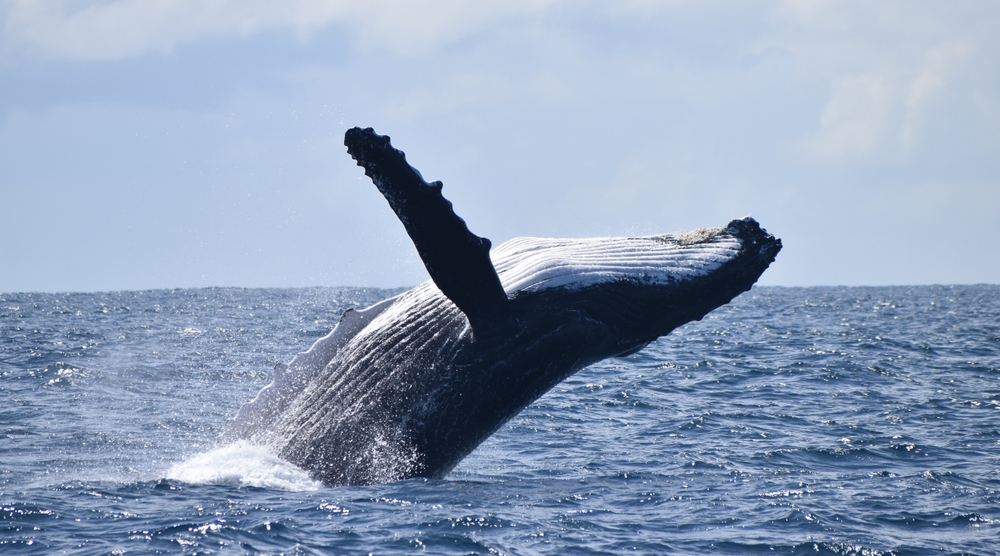The humpback whale was first photographed in 2013
Others are reading now
Whales are some of the most extraordinary creatures on Earth.
Known for their size, they are also incredibly intelligent. Humpback whales, in particular, demonstrate problem-solving skills and social complexity comparable to many terrestrial animals.
They can live for up to 50 years, making them not only long-lived but also wise in navigating the vast oceans.
Their intelligence is evident in their communication. Humpbacks sing hauntingly beautiful songs to communicate, some lasting up to 30 minutes.
Also read
These vocalizations are thought to play a role in mating and even navigation.
But intelligence is just one fascinating feature. Their migrations are another, showcasing endurance and instinct that few species on Earth can match.
A Record-Breaking Migration
A recent story has captivated researchers — a humpback whale broke records with an astonishing journey of over 13,000 kilometers across oceans, according to WP.
This humpback whale was first photographed in 2013 off Colombia’s Pacific coast in Tribugá Bay. At the time, it was swimming with seven others. Four years later, it appeared again nearby in Bahía Solano.
The real surprise came in August 2022, when the same whale was spotted near Zanzibar in the Indian Ocean—more than 8,100 miles away.
The journey shattered the previous record of 10,000 kilometers. Scientists believe the whale likely traveled even farther, possibly visiting Antarctic feeding grounds before reaching the southwestern Indian Ocean.
Researchers are still piecing together the puzzle. One possibility is that the whale, likely a male, was searching for a mate. Another theory links the journey to climate change, which may have disrupted krill populations in feeding areas.
“While the exact cause is unclear, factors like environmental extremes or evolutionary behavior could explain this journey,” said Jekaterina Kalashnikova of the Tanzania Cetaceans Program.
This remarkable journey was verified through Happywhale.com, a database that uses advanced software to identify whales by their unique tail fluke patterns.
These patterns act like fingerprints, allowing researchers to track individual whales over years.
This humpback’s epic migration is a testament to the resilience of these ocean giants and their ability to adapt to a rapidly changing world.


